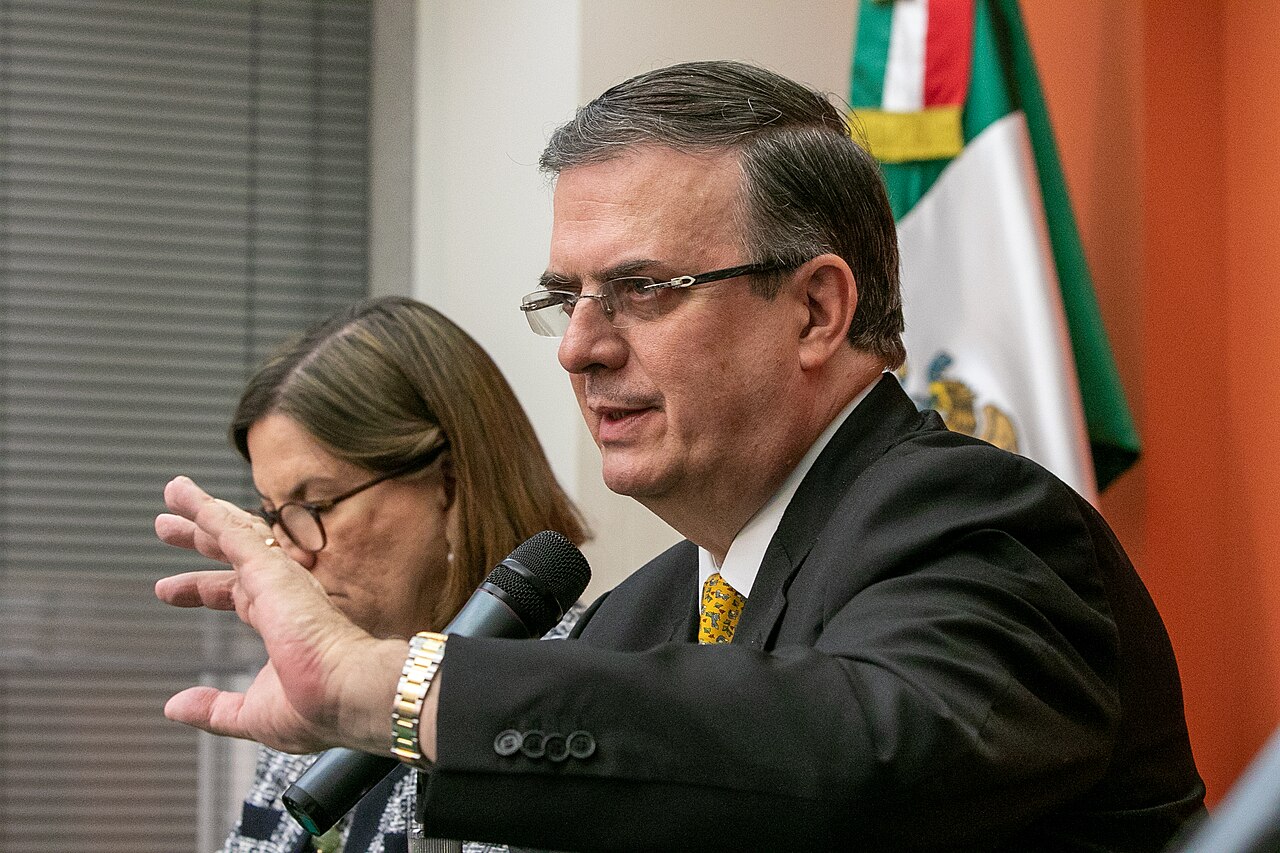Asia Gold-India prices discounted as festival fails to lure buyers
MUMBAI/BENGALURU, March 16 (Reuters) – Weaker demand in India prompted gold dealers to offer discounts for a second week straight, as a drop in local prices to 2-week lows and a festival failed to lure buyers.
Dealers in India were offering a discount of up to $3 an ounce over official domestic prices, unchanged from last week. The domestic price includes a 10 percent import tax.
“Since retail demand is weak, jewellers have also cut down purchases. They are maintaining lower-than-normal inventory,” said a Mumbai-based dealer with a private bank.
Domestic gold prices hovered around 30,329 Indian rupees per 10 grams on Friday, after falling to 30,210 Indian rupees earlier in the session, its lowest since March 1.
On Sunday, Indians will celebrate the Gudi Padwa festival, when buying gold is considered auspicious.
“Every year ahead of Gudi Padwa customers make bookings and take deliveries on the festival day. This year bookings are just 30 percent of the normal (level),” said Mangesh Devi, a jeweller in the western state of Maharashtra.
Physical gold demand remained subdued in other Asian hubs as well, as investors remained cautious of an expected hike in U.S. interest rates for the first time this year.
Premiums in China were at about $8 an ounce, little changed from the $6-$8 an ounce range last week.
“Gold has been trading around $1,320 an ounce (for) a lot this week. Volatility is very low and nobody seems to be interested in buying or selling gold,” said Ronald Leung, chief dealer at Lee Cheong Gold Dealers in Hong Kong.
“(Prices) are low, but not low enough.”
Benchmark spot gold prices were down 0.4 percent for the week so far and ranged between $1,313.56 and $1,330.02 an ounce this week.
In Hong Kong, premiums ranged between 60 cents and $1.20 an ounce, compared with 70 cents to $1.20 previously.
Premiums in Singapore were at 60-80 cents an ounce over benchmark rates versus the 80 cents level last week.
There is some buying, but not in excessive amounts as prices didn’t really move much this week, said Brian Lan, managing director at dealer GoldSilver Central in Singapore.
Meanwhile, demand in Japan was helped by a weaker U.S. dollar, which made bullion cheaper in the local currency, prompting a premium of 50 to 75 cents an ounce, as against 50 cents last week, a Tokyo-based trader said.
(Reporting by Nithin Prasad in Bengaluru and Rajendra Jadhav in Mumbai; Editing by Dasha Afanasieva)
{{ commodity.name }}
{{ post.title }}
{{ post.date }}




Comments